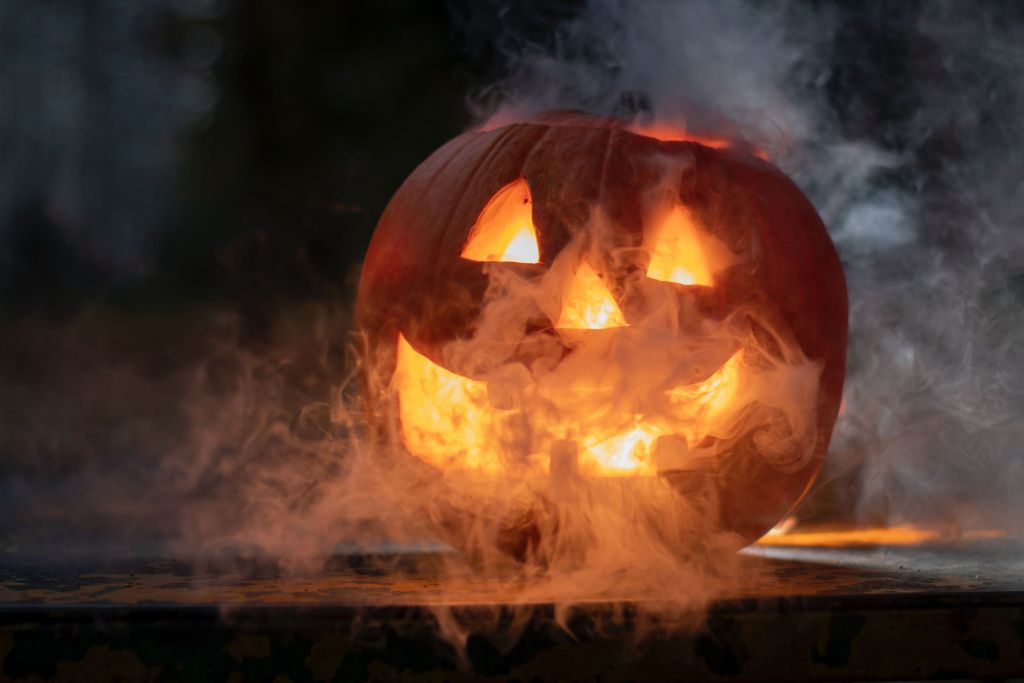Halloween is a controversial holiday for many reasons, but there are five reasons why celebrating it could be harmful. These will be based on the several dimensions of personal health and how Halloween may be producing negative effects on the participants.
First, the spirit of Halloween might be a bit too, well, spiritual. It started with something called the Samhain, celebrated by the ancient Celts. It was a cross between a harvest celebration, ancestral worship and fortune-telling. The Catholic Church attempted to replace the old ways with a church-sanctioned holiday, celebrating All Saints’ Day to honor the dead. English peasants would visit the richer houses and offer to pray for their dead relatives in exchange for pastries called soul cakes.
Without even involving the history of Halloween here in America, you can probably tell there aren’t very many positive ways to view this day in a spiritual sense. We have taken what could have been, at its best, a day to honor the dead, and turned it into a way to mock, impersonate and monetize the worst aspects of humanity.
The second reason Halloween is dangerous concerns the health aspect of the holiday. Candy and snacks passed out have the potential to cause allergic reactions among children with many little hands grabbing, eating and touching. Aside from allergies, overconsumption of candy can lead to stomachaches and other health concerns when candy is consumed without moderation.
Another issue is the safety of children. According to the CDC, children are four times more likely to be struck by cars on Halloween than on other nights. This comes from both children crossing streets without supervision and buzzed drivers going to and from parties. The chaotic and dark (often literally) atmosphere of spooky celebrations can quickly turn into tragic circumstances.
It is nearly impossible to escape seeing scary things around the month of October, and this can affect emotional health, especially for children. In his research, professor of psychology Neil Martin concluded that television and movies contribute to children’s feelings of fear and anxiety. Around Halloween, commercials and TV shows are constantly pushing “spooky season” content, much of which is not suitable for younger kids.
Furthermore, parties and get-togethers often bring out people’s darker sides, with costumes boasting fake stab wounds, missing limbs and other graphic elements. These visual cues can trigger some individuals. Overall, Halloween is often forced on younger and more sensitive minds, and this can be problematic.
We are called as Christians to think on things that are true, honest, just, pure, lovely and of good report, as Philippians 4:8 says. The grotesque and often demonic side of movies, shows and environments can certainly affect the way we think and act. I don’t believe all of Halloween is pure evil, but I do think there are aspects of the holiday that we should avoid giving too much sway.
In 3 John 1:11, we are told to “not imitate evil but imitate good.” What kind of message are we sending with our costumes? Who are we affecting in the way we act? How can we bring light into the darkness?
Maas is an opinion writer for the Liberty Champion
